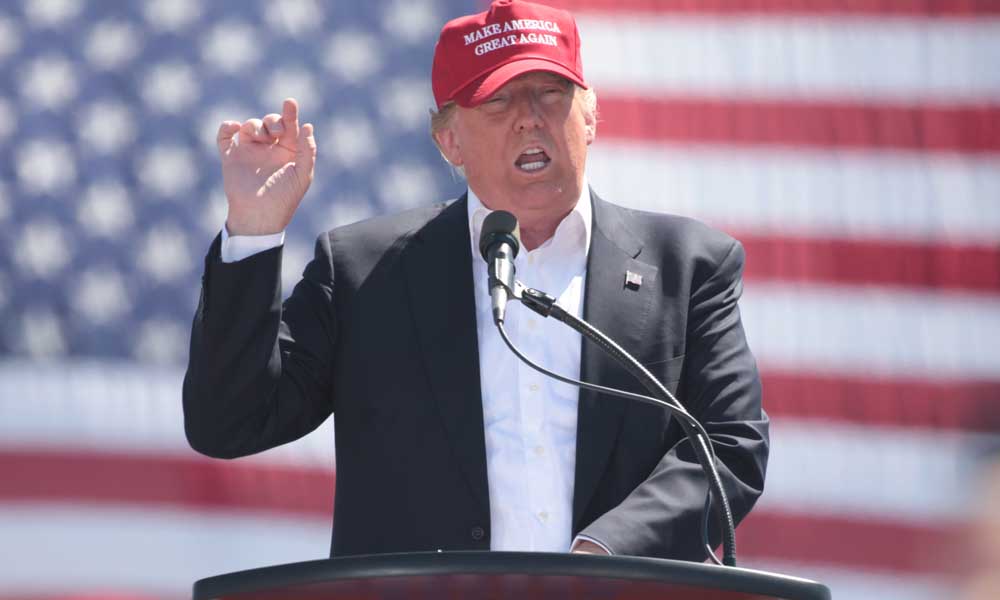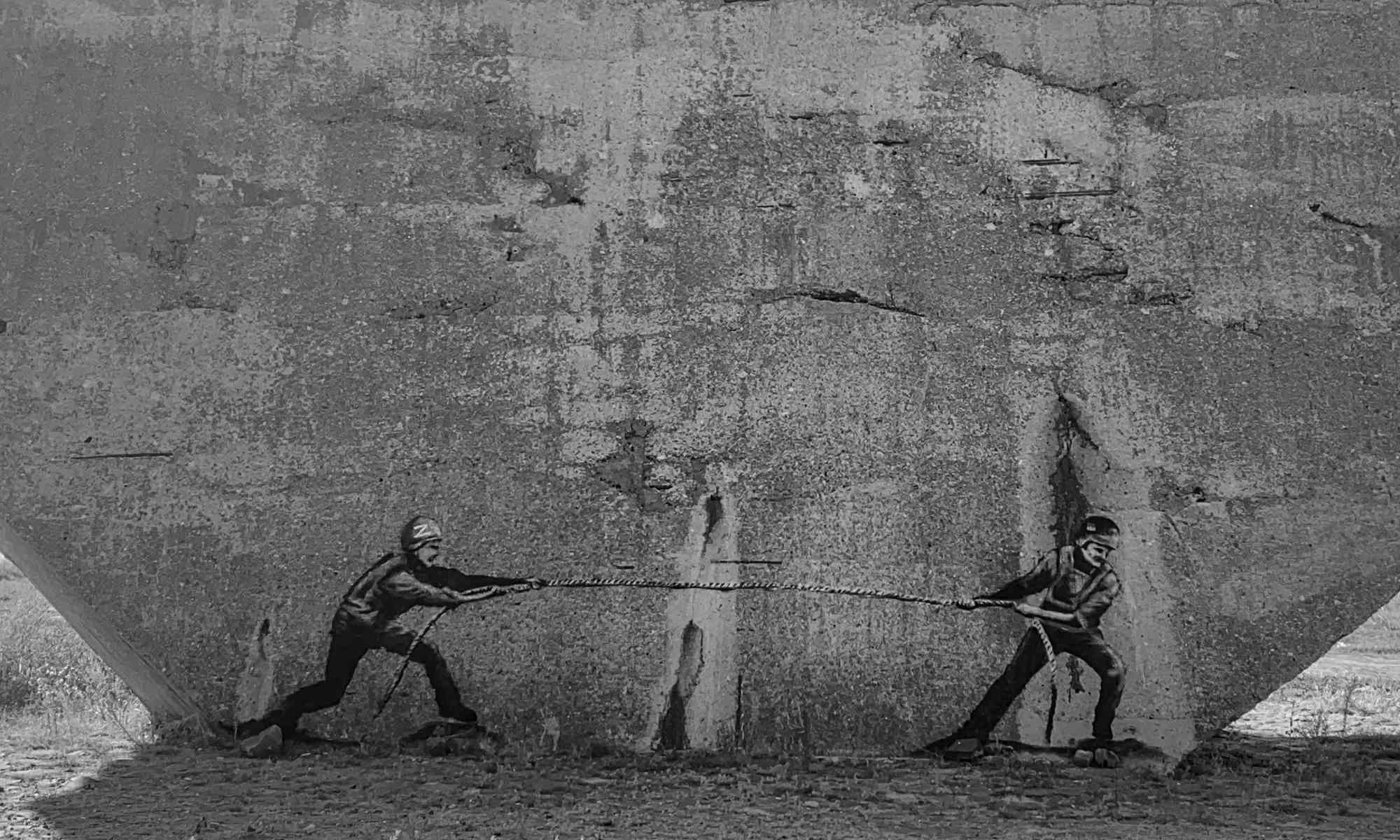In an effort spearheaded by University of Rochester faculty, political scientists from across the United States have signed a statement voicing their collective concern about Donald Trump, the Republican nominee for president. More than 300 political scientists assert that “a Trump presidency would pose a grave threat to American democracy and to other democratic governments around the world.”
Gretchen Helmke, professor and chairperson of the University’s Department of Political Science, reports that the list of the statement’s signers has grown in a little more than 24 hours to include professors from the nation’s top institutions and political science departments, including Berkeley, UCLA, University of Chicago, Cornell, Columbia, Dartmouth, Duke, Harvard, MIT, University of Michigan, NYU, Princeton, University of Rochester, Stanford, Yale, and others. The signatories also include 16 former presidents of the American Political Science Association (APSA), the leading professional organization for the study of political science, as well as APSA’s current president.
Helmke and Rochester colleagues Gerald Gamm and Bonnie Meguid, along with Susan Stokes (John S. Saden Professor of Political Science at Yale University) and John Carey (John Wentworth Professor in the Social Sciences at Dartmouth College), wrote and circulated the statement after prominent economists signed a letter warning against the election of Trump. With Election Day on Tuesday, November 8, the signers of the statement “call on voters to consider this threat when they cast their votes.”
The statement, reproduced in full, reads as follows:
Political Scientists’ statement of concern about Donald Trump
Political scientists seek to understand politics, not engage in politics. Yet our profession has always had strong normative commitments at its foundation: a conviction that peace is preferable to war, freedom to tyranny, justice to injustice, equality to inequality, democracy to authoritarianism. As John Adams wrote in 1780, in the Massachusetts Constitution, the fundamental premise of American self-government is that it “be a government of laws, and not of men.”
It is in this spirit that we are voicing our collective concern about Donald Trump. Throughout the course of the U.S. presidential campaign, Trump has repeatedly questioned and attacked the core institutions and norms that make democracy work. Such attacks by a major presidential candidate are unprecedented in American history but they are entirely familiar to those of us who study other parts of the world. Specifically, we are deeply concerned about the prospect of a Trump presidency for the following reasons:
1. He has cast doubt on the validity of the election process, without any supporting evidence.
2. He has stated that he may reject the outcome of a free election if he does not win.
3. He has encouraged supporters to engage in voter suppression and intimidation.
4. He has threatened to jail the leader of the opposition party.
5. He has questioned the independence of the judiciary and the impartiality of judges based on their race, ethnicity, religion, and parentage.
6. He has impugned the loyalty of citizens and other persons in the United States on the basis of race, ethnicity, religion, and country of birth.
7. He has endangered freedom of the press by intimidating individual journalists, banning major news organizations from his rallies, and promising to change libel laws.
8. He has called for the proliferation of nuclear weapons.
9. He has threatened to destroy the strategic basis of NATO, the most important security alliance of the last seventy years, by questioning the commitment of the United States to regard an attack on any member state as an attack on all.For all these reasons and despite our own differences on matters of politics and partisanship, we stand united in the conviction that a Trump presidency would pose a grave threat to American democracy and to other democratic governments around the world. We call on voters to consider this threat when they cast their votes.
We sign this statement as individual scholars of political science. Institutions are listed for identification purposes only; they are not in any way signatories to this document.
View the statement with its full list of signers.





